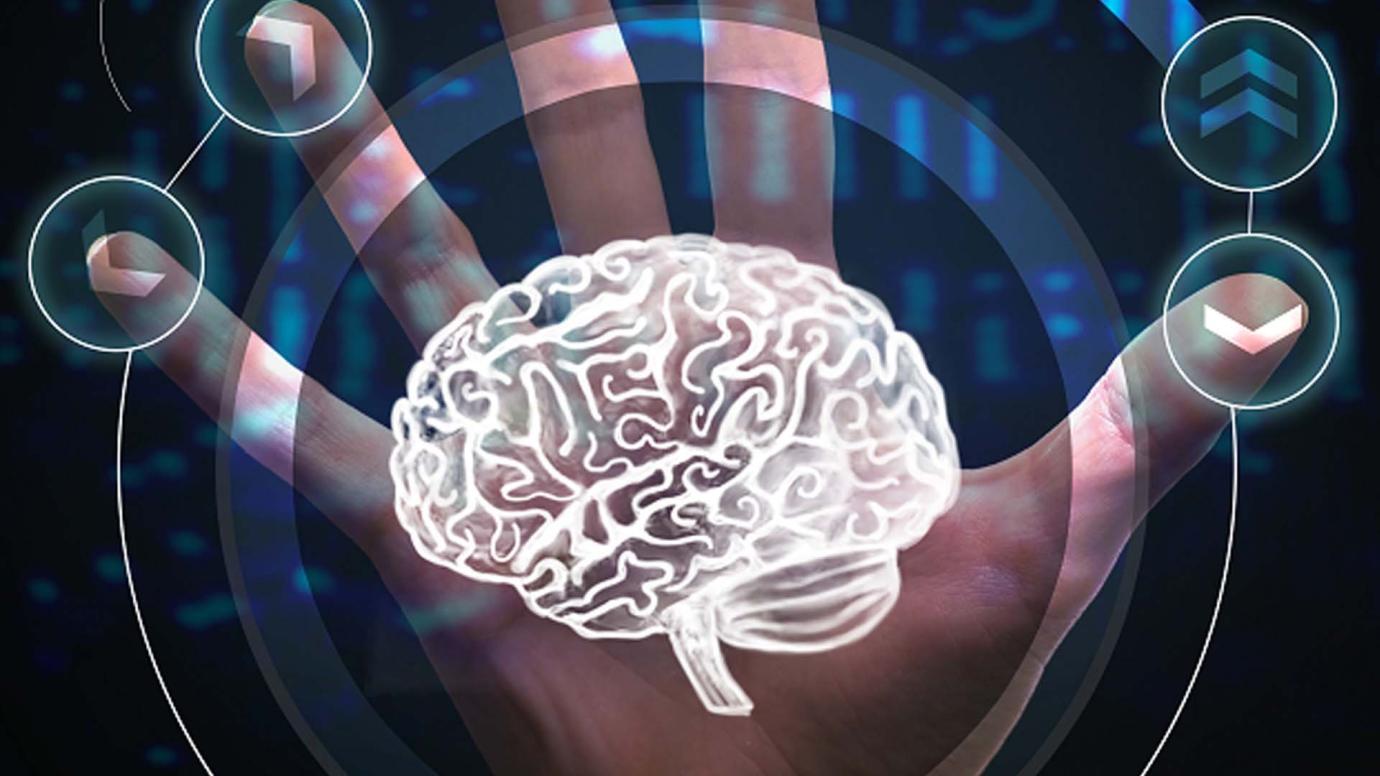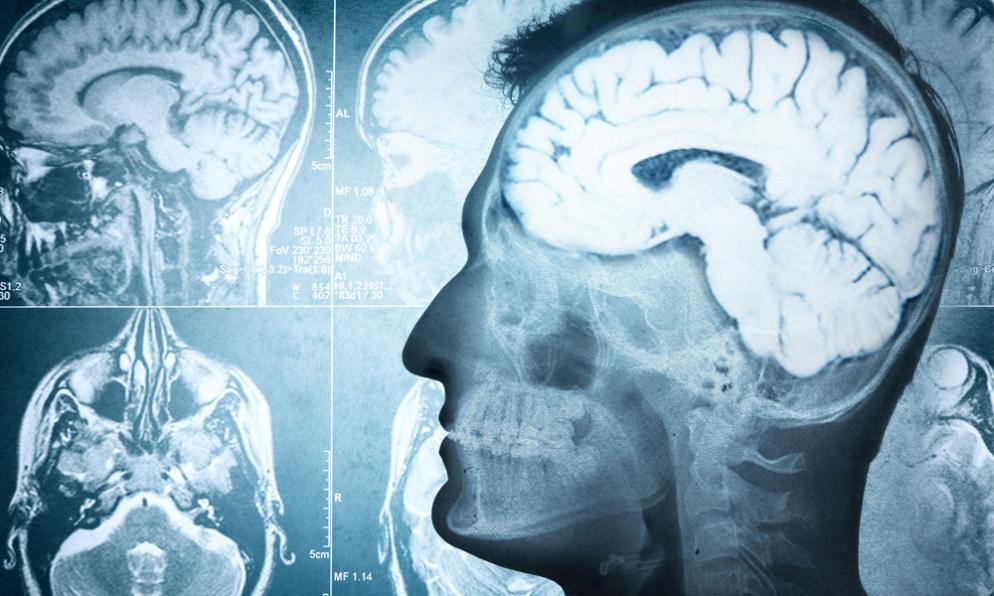What Are the Latest Advances in Neuropsychology?
Neuropsychology is the scientific study of the relationship between brain and behavior. It is a relatively new field, but it has already made significant contributions to our understanding of how the brain works and how it affects our thoughts, feelings, and actions. Staying updated with the latest advances in neuropsychology is essential for anyone who wants to understand the human mind and brain.

Advances In Neuroimaging Techniques
One of the most significant advances in neuropsychology in recent years has been the development of new neuroimaging techniques. These techniques allow us to see the brain in action and to study how it changes in response to different stimuli. Some of the most important neuroimaging techniques include:
Functional Magnetic Resonance Imaging (fMRI)
- Non-invasive method for measuring brain activity by detecting changes in blood flow.
- Applications in studying brain functions, cognitive processes, and neurological disorders.
Magnetoencephalography (MEG)
- Measures magnetic fields generated by brain activity, providing high temporal resolution.
- Useful in studying brain connectivity, epilepsy, and auditory processing.
Positron Emission Tomography (PET)
- Involves injecting radioactive tracers to measure metabolic activity in the brain.
- Applications in diagnosing neurological disorders, studying neurodegenerative diseases, and evaluating treatment outcomes.
Advances In Cognitive Neuroscience
Another major area of progress in neuropsychology has been the development of new insights into the neural basis of cognition. This research has helped us to understand how the brain processes information, makes decisions, and controls our behavior. Some of the most important advances in cognitive neuroscience include:
Neuroplasticity And Brain Connectivity
- Research on the brain's ability to change and adapt in response to experiences.
- Studies on the role of brain connectivity in cognition, behavior, and mental health.
Cognitive Control And Decision-Making
- Investigations into the neural mechanisms underlying cognitive control, attention, and decision-making.
- Implications for understanding disorders like ADHD and schizophrenia.
Memory And Learning
- Research on the neural basis of memory formation, consolidation, and retrieval.
- Studies on the role of sleep, emotions, and stress in memory processes.
Advances In Neurorehabilitation And Brain Stimulation
In addition to the advances in neuroimaging and cognitive neuroscience, there have also been significant advances in the field of neurorehabilitation. These advances have led to the development of new treatments for neurological disorders, such as stroke, Parkinson's disease, and Alzheimer's disease. Some of the most important advances in neurorehabilitation include:
Brain-Computer Interfaces (BCIs)
- Devices that allow direct communication between the brain and external devices.
- Applications in restoring motor function in individuals with paralysis or neurological disorders.
Transcranial Magnetic Stimulation (TMS)
- Non-invasive brain stimulation technique that uses magnetic pulses to modulate brain activity.
- Applications in treating depression, chronic pain, and neurological disorders.
Neurofeedback
- Technique that provides real-time feedback on brain activity, allowing individuals to learn to control their brain states.
- Applications in treating anxiety, epilepsy, and attention disorders.
Ethical And Societal Implications

The rapid advances in neuropsychology have also raised a number of ethical and societal concerns. These concerns include:
- The potential for neuroimaging techniques to be used to invade people's privacy.
- The possibility that brain stimulation techniques could be used to manipulate people's thoughts and behavior.
- The potential for advances in neuropsychology to lead to a new era of eugenics.
It is important to address these concerns as the field of neuropsychology continues to develop. We need to ensure that these new technologies are used for good and that they do not harm individuals or society.
The field of neuropsychology is rapidly advancing, and we are learning more about the brain and its relationship to behavior every day. These advances have the potential to revolutionize our understanding of the human mind and brain, and to lead to new treatments for neurological disorders. However, it is important to be aware of the ethical and societal implications of these advances and to ensure that they are used responsibly.
YesNo

Leave a Reply